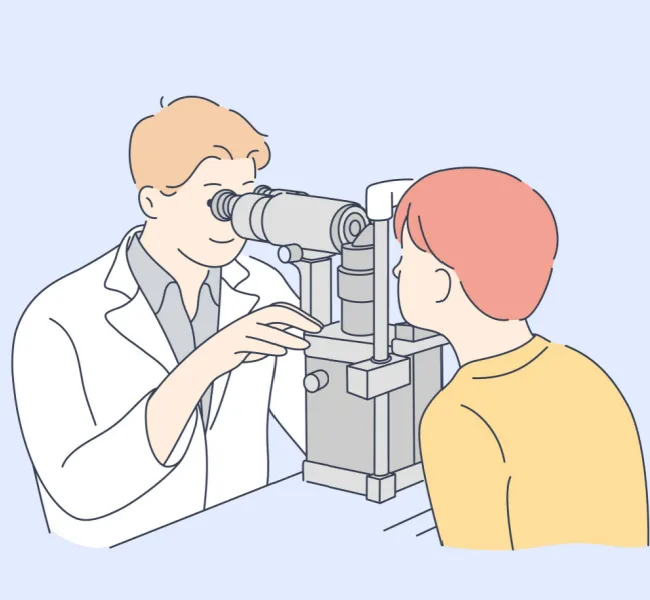
Cataracts are opaque areas that develop on the lens of the eye. The lens, primarily composed of proteins, becomes cloudy over time due to the breakdown of these proteins, resulting in patches that impair vision. It is like viewing the world through a dirty window, and as time passes, vision gets worse. Performing everyday tasks also becomes challenging.
Cataracts are an unavoidable aspect of aging, and age-related cataract is the most prevalent form of condition.
Different types of cataracts are there which are mentioned below:
Its symptoms include:
If someone is facing challenges in performing daily activities, then there is a need to seek medical advice:
Several kinds of surgical procedures are there for treating cataracts, but one thing is common among all that the surgeon takes out the cloudy lens and replaces it with an artificial lens.
TaCa offers several treatment options as per the need and condition of the patient. When surgery becomes necessary for the treatment of cataract, then doctor might explore the following options:
TaCa strives to provide top-notch healthcare services at affordable rates, ensuring accessibility for all. TaCa strongly advocates that minimizing preventable hospital admissions is both a moral obligation and a cost-efficient method for ensuring fair and accessible healthcare. We aim to deliver high-quality surgical care conveniently located near individuals. Collaborating with specialized physicians and healthcare partners, TaCa implements proven innovations and best practices to enhance patient care. Below mentioned are some of the benefits which TaCa is offering to the patients:
Post-surgery care initiates right after surgery, extending throughout hospital stay and potentially continuing post-discharge. As an integral aspect of post-operative care TaCa handholds the patients and also helps them in getting free follow-up visits with surgeons, so that it may not be a hassle for them after surgery.


At TaCa Healthcare we align a dedicated TaCa dost with each and every patient so that you don't have to worry about formalities & paperwork at hospital.

TaCa Healthcare offers Treatment at very affordable rate. We also provide insurance paperwork support.

At the heart of our healthcare philosophy is a commitment to putting patients first.


Usually, cataracts don't hurt. However, they may cause irritation by increasing the eyes sensitivity towards light.
Cataracts may develop in the center of the lens, at the cortex or outer lens covering, or at the back of the lens.
The primary reason behind cataracts is the gradual degradation of proteins within the lens. However, specific genetic and environmental factors can increase the likelihood of developing cataracts or experiencing them at a younger age compared to others.
If someone is having cataract in one eye it does not mean it will spread in the other eye. A cataract can develop only in one eye or both. Cataracts are not infectious and it cannot spread from one person to another, or from one eye to the other.
TaCa is having a team of skilled or good surgeons that are important because they know the significance of determining when surgery is necessary and when it's not. They recognize that the decision-making process holds more significance than the surgical procedure itself. Ultimately, the aim of any surgery is to serve the patient's well-being.
Below mentioned are some of the complications of cataract surgery:
If these symptoms persist then there is a need to visit a doctor immediately.
Several factors are there which are responsible for the cost of cataract surgery:
After surgery, some individuals may experience slight pain and discomfort. Healthcare providers may prescribe pain relieving medications for initial 1–2 days.
Complete recovery usually takes around 4–8 weeks. However, improvements in vision are often noticeable much earlier.
No, cataracts can not come back after undergoing a surgical procedure.
